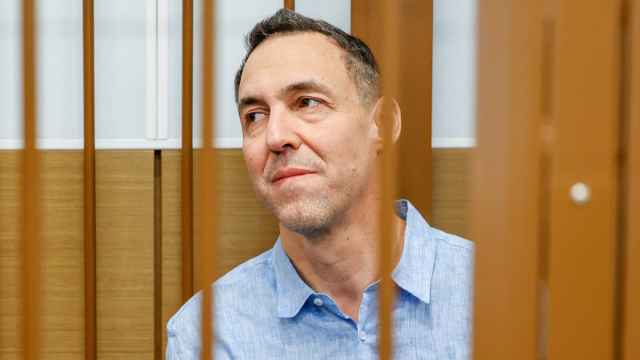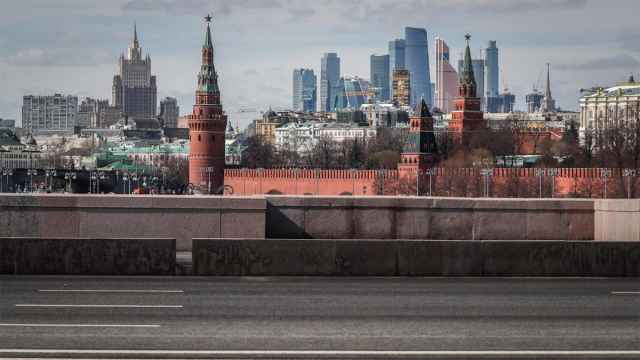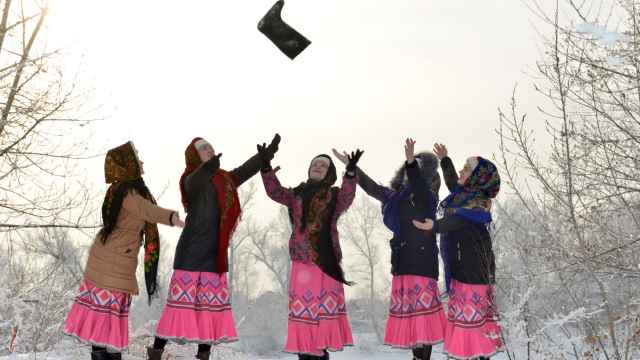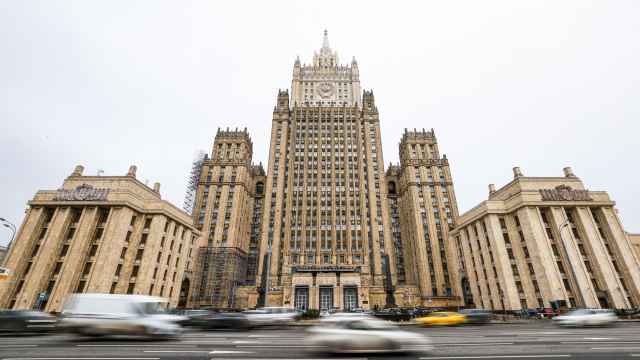Alexander Dolmatov, a laser engineer and Other Russia party member, killed himself in a cell at the extradition center where he was being held in the Netherlands following that country's refusal to grant him political asylum. My first reaction to this was: Suicide is a personal matter. Maybe he suffered from depression.
But Dolmatov's suicide was the result of a disgusting refugee system in Europe that mass produces self-seeking lumpens living like parasites on state and charitable funds.
Dolmatov fell victim to the Chekist meat grinder following the mass protest on May 6. The first to turn against him were Chekists from the military factory where he worked, people who enjoy nothing more than accusing others of being enemies of Russia and turning them over to the authorities. In response, Dolmatov asked his employers, who typically lock up workers' passports for "security reasons," to return his passport so that he could travel to Kaliningrad as a tourist. Once he arrived there, he skipped town and made his way to the Netherlands. Dolmatov applied for asylum and was soon moved into a decent refugee camp where he was given a small room and three meals a day.
In mid-December, Dolmatov disappeared. It now turns out that he was denied asylum and was transferred to the extradition center near Schiphol Airport outside Amsterdam. After he attempted suicide twice, he was transferred to a special cell for suicidal inmates. Nonetheless, he committed suicide by slashing his wrists.
Dutch authorities have yet to explain how someone who was unquestionably a dissident and political refugee ended up in jail. On what grounds did the Dutch government plan to extradite him to Russia? If it had no such plans, why was Dolmatov being held in an extradition center?
Now, the scared bureaucratic crowd in the Netherlands is perpetuating the lie that Dolmatov committed suicide for personal reasons, despite the fact that the death note he left his mother clearly indicates that he feared harsh retribution from the Russian authorities.
The website for the Dutch Council for Refugees states that 14,000 people requested asylum in the Netherlands last year and that they were assisted by 7,000 volunteers and 640 paid employees. The council says it cares for everyone who has "left their home due to war, violence, sexual orientation, nationality or religion" and "helps them build new lives."
The Dutch Council for Refugees is funded by grants and subsidies — 3 million euros ($4 million) annually from donors and 10 million euros raised through the postal lottery. Add to that the efforts of 7,000 volunteers and 640 employees — the equivalent of 20 volunteers per refugee helping an average of 1,000 refugees per month — and you have to ask: Where were all these people and resources when Dolmatov twice attempted to take his own life before finally succeeding? That system is geared for running refugees through a conveyor belt, which might explain why there was no concern that Dolmatov would be put in danger if he were forced to return to Russia.
Dolmatov was killed by the hypocritical Dutch bureaucracy, a self-perpetuating machine that imports lumpens while pocketing charitable funds. It does not provide real assistance to political refugees. This tragically flawed system has to answer for its misdeeds.
Yulia Latynina hosts a political talk show on Ekho Moskvy radio.
Related articles:
A Message from The Moscow Times:
Dear readers,
We are facing unprecedented challenges. Russia's Prosecutor General's Office has designated The Moscow Times as an "undesirable" organization, criminalizing our work and putting our staff at risk of prosecution. This follows our earlier unjust labeling as a "foreign agent."
These actions are direct attempts to silence independent journalism in Russia. The authorities claim our work "discredits the decisions of the Russian leadership." We see things differently: we strive to provide accurate, unbiased reporting on Russia.
We, the journalists of The Moscow Times, refuse to be silenced. But to continue our work, we need your help.
Your support, no matter how small, makes a world of difference. If you can, please support us monthly starting from just $2. It's quick to set up, and every contribution makes a significant impact.
By supporting The Moscow Times, you're defending open, independent journalism in the face of repression. Thank you for standing with us.
Remind me later.





